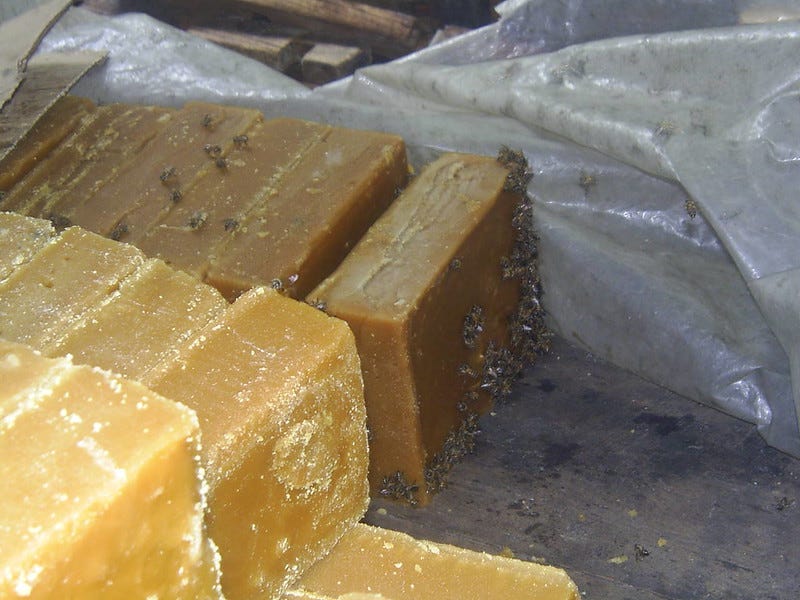Patenting Panela, Zoom Trials, Feds Defend IPR
News links for the week of Jan. 25
Hello readers,
In my Tuesday newsletter this week, I started going through January NPE lawsuits. I’ll finish up the January cases in forthcoming letters, and will also mix in some in-depth coverage. If you’re enjoying the newsletter, please subscribe and share.
Here’s the patent news I found most interesting this week.
One of the owners of a big Colombian sugar company is trying to patent panela, a traditional unrefined sweetener that’s hundreds of years old. Colombian lawyers “would like to know how an ancestral process so richly documented in Colombia could have escaped the attention of the U.S. Patent and Trademark Office,” the NYT reports. “Not only do colonial-era records describe it in minute detail but technical universities all over the country also produce literature on panela.”
The chief concern is U.S. Patent No. 10,632,167, granted last year. A Letters Patent reader pointed out to me that the inventor, Jorge Gonzalez, has been getting sugar-processing patents for awhile. See, for instance, U.S. Patent No. 6,245,153, with an application dating to 1999. (The New York Times)
The first remote patent trial is taking place in a Seattle federal court, over Zoom. Scuf Gaming, a 350-employee Atlanta-based company, says Steam controllers made by video gaming giant Valve infringe its patent, No. 8,641,525. The co-founder of Scuf testified Tuesday that $10 per device for 1.6 million devices would be a fair royalty. Valve says they don’t infringe, and the jurors will see that clearly once they have the accused controllers in their hands. They’ll be shipped via UPS.
Zoom trials make sense to me during this pandemic era, but it’s disappointing that the public access is audio-only. If the 9th Circuit can do live video, district courts should be able to manage it too. (Scott Graham / Law.com)
The U.S. government wants to maintain the review system for granted patents, which is a good thing. Government lawyers have filed their brief explaining to the Supreme Court why they shouldn’t throw out the inter partes review (IPR) system that was created by the 2011 America Invents Act.
In the upcoming United States v. Arthrex case, the high court will consider some wonky administrative law arguments about whether the judges for the Patent Trial and Appeal Board, which oversees IPRs, were selected properly. If the IPR system were to be thrown out entirely—as Arthrex and some other groups are pushing for—the patent trolling problem will get much worse. The case is now fully briefed, and oral argument is March 1. (Bloomberg Law)
Have a great weekend!
Photo: Panela by Wladimir Valdes

